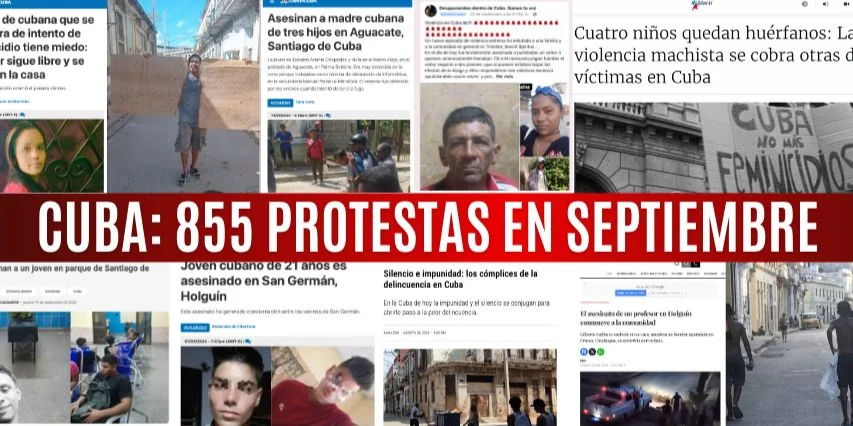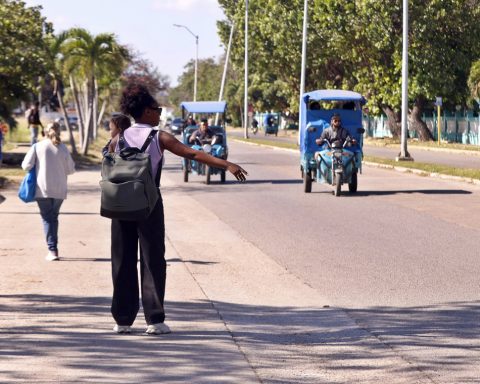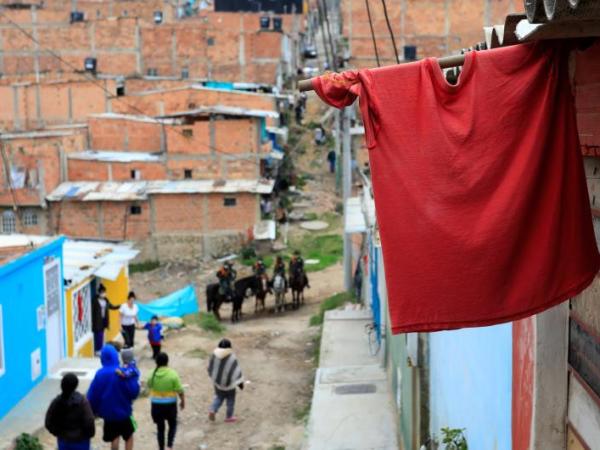MIAMI, United States. – The Cuban Conflict Observatory (OCC) reported a significant increase in protests and complaints in Cuba during September 2024, a month in which there were a total of 855 public demonstrations, 19.18% more than in August.
This wave of social unrest is attributed to prolonged power outages, lack of water and growing crime in the country. “Cubans suffered again electrical outages up to 20 hours a day,” highlights the OCC report.
Discontent related to economic and social rights, including health, public services, food insecurity and housing problemsrepresented 80% of the total protests. Problems with public services, particularly electricity, generated 167 demonstrations, with protests that included banging pots and blocking streets. Furthermore, the deterioration of the water supply increased popular frustration. According to the OCC, “the criminal crisis in the water supply” and the lack of payment to unload fuel at ports caused the demonstrations to intensify.
Crime has also been an important factor in the increase in protests, with 163 complaints in September, a figure considerably higher than in August (108). Cubans expressed concern about growing insecurity, which included homicides, femicides and disappearances. The OCC report details that among the protests related to crime, nine homicides and four femicides were reported, in addition to 47 cases of robberies and scams.
On the other hand, the food crisis continues to be a key issue in social unrest, with 115 complaints related to inflation and lack of food. The report highlights that the Government has confirmed that the problems are worsening in guaranteeing the subsidized basic basket, on which 89% of the population in extreme poverty depends. Images showing people collecting food from the street or eating from the garbage have circulated on social media.
Public health was also a recurring theme in the protests, with 73 demonstrations pointing to a lack of resources and medical personnel, aggravated by the export of doctors abroad. The OCC documented that the population feels defenseless in the face of the complicated epidemiological situation, with 12,000 suspected cases of the Oropuche virus in the country.
Complaints about poor housing conditions also increased, with 26 complaints related to people living in deplorable conditions after their homes collapsed due to recent rains. Although the damage has not yet been quantified Hurricane Helenethe report recalls that many families still have not recovered from the impact of Cyclone Ian two years ago.
The OCC also documented 92 repressive acts in September, which included harassment against political prisoners, opponents, and independent journalists. Among the most notable repressive measures, new prohibitions are mentioned, such as the restriction of the sale of the “weekly package” of audiovisuals and the limitation of religious processions for the day of the Virgin of Charity.
Finally, the report concludes with a quote from Professor Gustavo Arcos Fernández-Britto, who summarized the country’s desperate situation: “There is no electricity, no water, no food, no transportation, no medicine, no health, no housing, no economy, no money, no banks. (…) If what we see every day in our neighborhood is The Revolution, then we will have to do it again.”
















